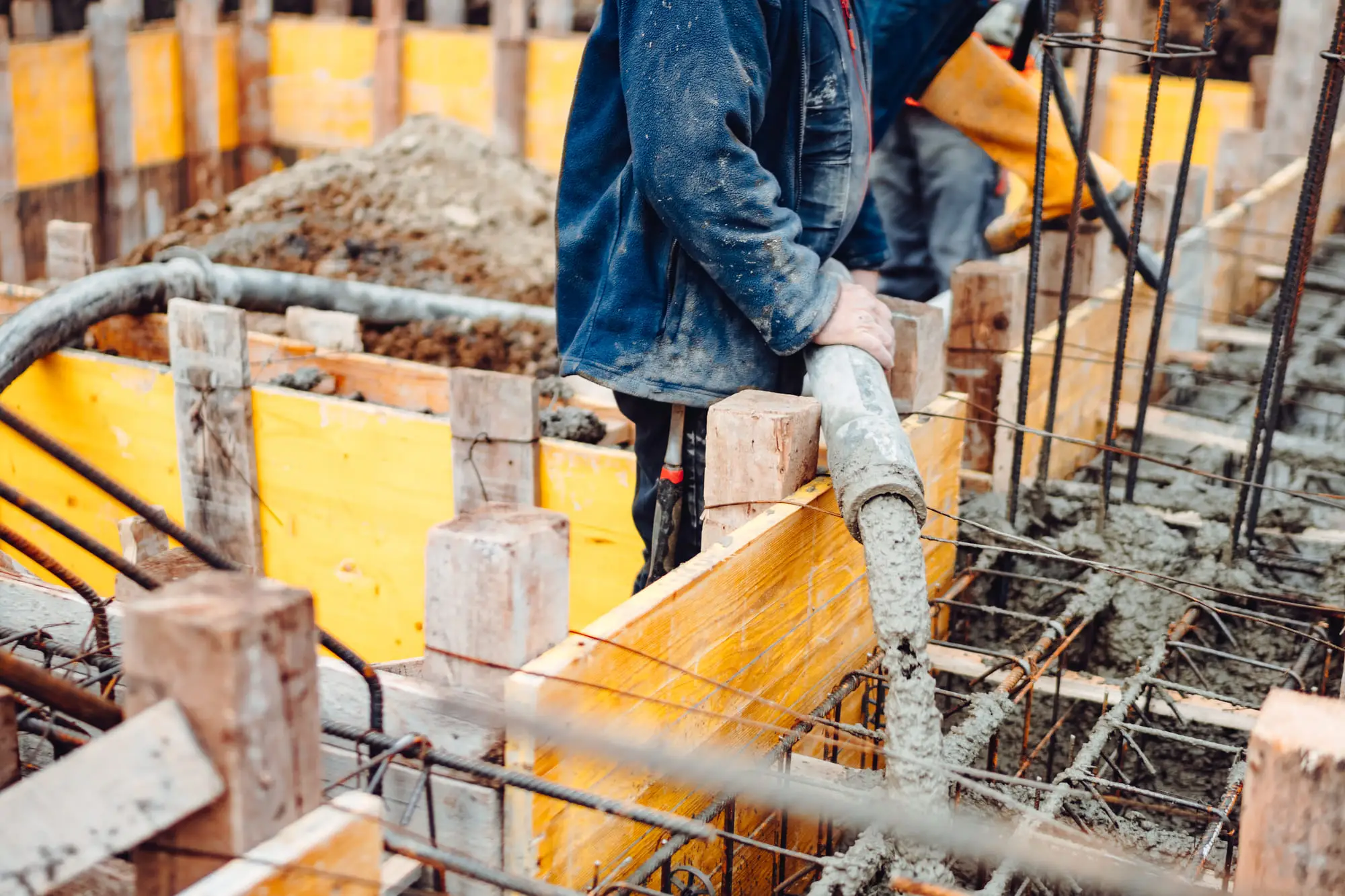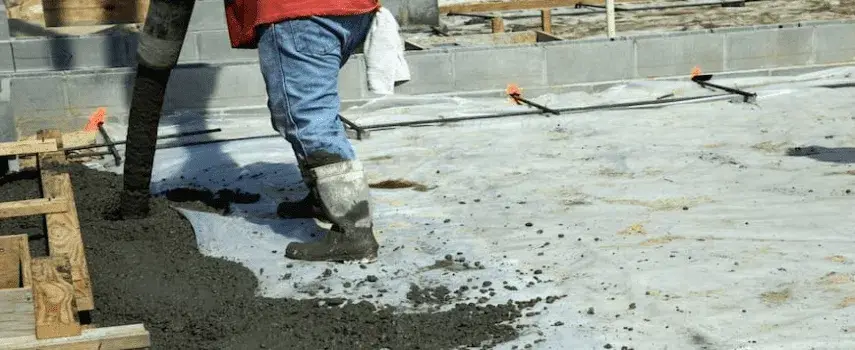A man suffered a construction accident while cleaning a concrete pump. At the time of the accident, the pump’s engine was running. The man was inspecting a ring or groove in the tube for residual grout at the time of the accident. The hydraulics that caused the pipe to move, reengaged on their own, despite the fact that he had turned them off. A swing tube in the pump swiveled, severing his four fingers. The doctors had no option but to amputate the man’s fingers.
Plaintiff testified that a supervisor hired by a general contractor told him that in order to properly clean that pump that in addition to hosing it down, plaintiff needed to put his hand inside the pump and check the groove inside the swing pipe. The plaintiff’s supervisor told him that unless they cleaned the groove like that every time it would experience problems. Plaintiff did not receive a remote tool or brush to reach the groove, located at a weld point that did not fill out evenly which let concrete build up. The supervisor told plaintiff that when he was cleaning the groove he should disengage the pump. He should also put his hand in, check that groove, and make sure it’s clean. The supervisor did not tell plaintiff to turn the engine off.
Who is Liable for the Concrete Pump Accident?
The injured man sued the project’s general contractor to recover damages for his concrete pump accident. He alleged the general contractor violated a number of worker safety laws including Labor Law § 241(6). The defendant general contractor filed a motion for summary judgment dismissing the complaint. Plaintiff opposed defendant’s motion seeking dismissal of his Labor Law §241(6) claims, specifically his claim that the defendant violated Industrial Code § 23-9.2(a).
The judge explained that Labor Law §241(6) requires owners and contractors at a construction site to provide reasonable and adequate protection and safety for workers, and to comply with the specific safety rules and regulations promulgated by authorities. The lower court pointed out that with respect to Industrial Code § 23-9.2(a), the Court of Appeals (the state’s high court) has held that of the first three sentences of this section, only the third sentence, which requires employers to make necessary repairs “upon discovery of or actual notice of any structural defect or unsafe condition” is sufficiently specific to provide a basis for liability under Labor Law §241(6). The judge held that triable issues of fact existed. Specifically, the judge found a question as to whether defendant had actual notice of an unsafe condition. The judge noted that such that the third sentence of Industrial Code §23-9.2(a) which requires that the servicing and or repairing of equipment like the concrete pump “shall be performed only while such equipment is at rest, provides a predicate for liability under Labor Law §241(6). Therefore, the judge denied the defendant’s motion. Defendant filed an appeal regarding the concrete pump accident decision.
The Appeal

On appeal, the appellate court upheld the judge’s decision. The record showed the engine of the concrete pump was running at the time of the accident. At the very least, this raises issues of fact as to whether defendant knew that the engine was running.
The appellate court pointed to several other facts that further supported its decision. The contractor purchased the pump used without any instruction manual or other directions. The contractor knew that a groove in the swing tube of the pump must be cleaned manually. This cleaning must be performed with the engine running. Finally, the pump is inoperable unless they clean the ring or groove on the swing tube manually. Further, the evidence of the engine running and that the hydraulics reengaged on its own showed that the machine was not “at rest.”
Thus, the appellate court held that issues of fact existed as to whether defendant’s knowledge of such condition and of the manner in which the pump was to be cleaned constituted of violation of the last sentence of 12 NYCRR 23-9.2(a). The appellate court remanded the case to the trial court. If you are involved in a concrete pump accident, you need a lawyer to get you the result you deserve.


